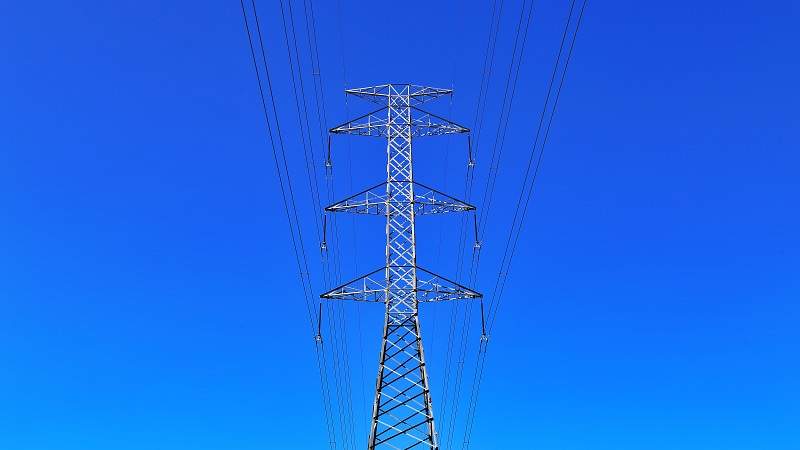
The World Bank (WB) has agreed to provide a loan for Nepal’s energy sector to ensure delivery of reliable, affordable and sustainable power.
The $100m fund has been approved under Nepal’s energy sector development policy credit (DPC), which aims to implement key policy, regulatory and institutional measures.

Discover B2B Marketing That Performs
Combine business intelligence and editorial excellence to reach engaged professionals across 36 leading media platforms.
The measures include improving the financial ability of the Nepal Electricity Authority (NEA). Also covered are the establishment of a transparent, autonomous, and accountable regulatory framework, as well as promoting electricity trade, and NEA restructure.
World Bank country manager for Nepal Faris Hadad-Zervos said: “The proposed credit aims to support the restructuring and market reform of the electricity sector to improve governance and performance of electricity institutions, eventually enhancing quality and efficiency in services.
“Our goal is to seek integration into the regional electricity market and create a competitive wholesale market.”
The South Asian country has huge hydro generation potential. However, this type of electricity constitutes less than 5% of energy consumption.

US Tariffs are shifting - will you react or anticipate?
Don’t let policy changes catch you off guard. Stay proactive with real-time data and expert analysis.
By GlobalDataIn addition, Nepal depends on electricity imports in order to overcome the electricity shortage in the country.
World Bank senior energy specialist Xiaoping Wang: “The development policy credit is linked to the government’s key sector goals of expanding access to electricity to 100% of the population.
“In the long-term, the implementation of the credit will also support key institutional and policy actions necessary for the removal of binding constraints to private investment in the sector.”





